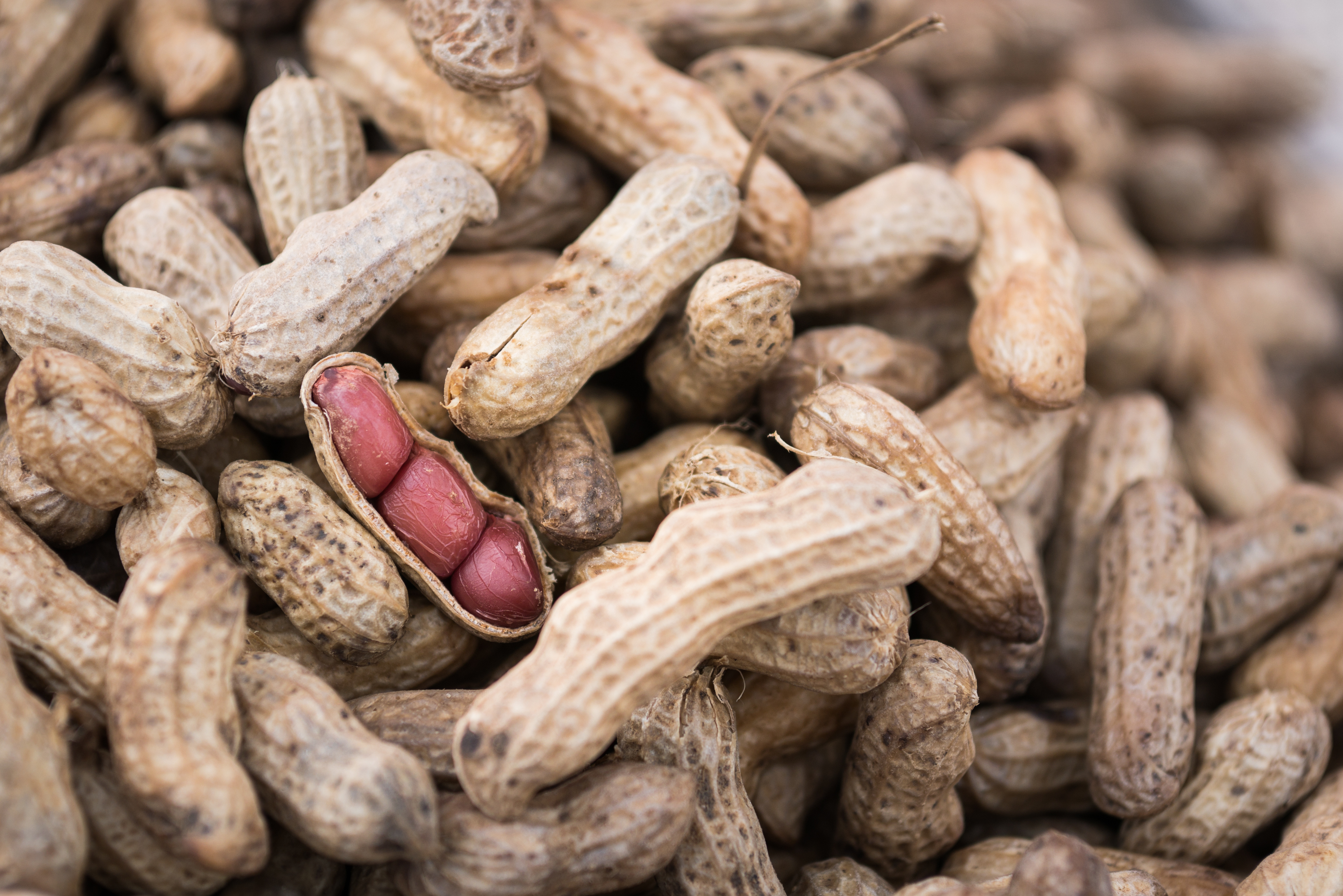Mold Toxins in Nuts and Corn Can Aggravate CF Symptoms, Cause Infections
Written by |

Toxins produced by mold found on nuts and corn can exacerbate cystic fibrosis (CF) and pave the way for airway infections, as they block self-protective mechanisms for the lungs.
The study, “Fungal Aflatoxins Reduce Respiratory Mucosal Ciliary Function,” published in the journal Scientific Reports, showed that the toxins affected the movement of airway cilia — the hair-like structures that clear dust and microbes from the airways — effectively preventing the cleaning of the airways.
The toxins studied by the researchers at Perelman School of Medicine at the University of Pennsylvania, are called aflatoxins, and are already known to cause cancer and liver damage. Up to one-fourth of the world’s food crops are estimated to be contaminated with the types of mold that produce them.
People who work in grain processing or similar occupations, where they can easily inhale mold aflatoxins, often get allergic fungal rhinosinusitis (blocked and running nose) and bronchopulmonary aspergillosis, a condition characterized by cough and fever.
Despite this knowledge, few studies are investigating how the toxins affect the mucosa of the airways.
Using human airway cells grown in the lab, the research team discovered that the toxins block the movement of airway cilia. This mat of tiny “hair” lining our airways constantly beats to clear them of dust, mucus, and microbes. When the system is not working as it should, microbes have an open door to the airways. And in people with CF, those toxins can severely worsen disease symptoms.
“With these defenses impaired, it may create a window of opportunity for the infection, and potentially a domino effect,” Robert Lee, PhD, an assistant professor at Perelman and lead author of the study, said in a news release.
“Patients may become more susceptible to upper respiratory infections and chronic rhinosinusitis that can ‘seed’ lower respiratory infections, especially in those with a compromised immune system. It can also exacerbate the more severe lung diseases, such as cystic fibrosis or chronic obstructive pulmonary disease,” said Noam Cohen, MD, PhD, and the study’s senior author.
But the researchers’ work also has an upside. They discovered that the toxins activate an enzyme called PKC (protein kinase C) to arrest the movement of cilia. Drugs blocking PKC are already being explored for other conditions, and when the team tested two such experimental drugs, they found they could prevent the toxins’ harmful effect.
Since the toxins pave way for bacterial airway infections, drugs that block PKC might also reduce the need for antibiotics to treat infections, and so help to limit further development of antibiotic resistance.
“PKC inhibitors may decrease fungal respiratory disease and ultimately help alleviate some of those consequences,” said Cohen.
The authors, however, point out that the effects they observed followed short toxin exposure. More studies are needed to explore how long-term exposure to aflatoxins affect the airways.






